Photos: AA/File
Click to read the article in Turkish
Even though we have seen his way of reasoning, bargaining methods, behavior, moves and steps back for 20 years, we continue to be surprised by what Recep Tayyip Erdoğan does.
I think instilling in us that principles are important in the educational process at young ages has a role in this.
However, the person in question is someone who is focused on the target, tries every possible way to reach it, doesn't hesitate to take risks, and sees both fighting and bargaining as the natural flow of life.
He makes his path this way in internal politics, election works, foreign policy and economy.
This is how the irrational period we have been going through nowadays, in connection with the discussions about the interest-inflation relationship, should be looked at. We see similar attitudes that we witnessed before.
In this respect, the foreign policy events that everyone followed with concern in the recent past can be given as an example.
The drifting foreign policy
In a period when Tayyip Erdoğan believed that the Ottomans were a great state and neo-ottoman policies would bring multi-pronged benefits, we got carried away and downed a Russian plane.
There was a standing ovation when the news was here. As if it was not enough, it turned out that the pilot was killed by militia coming from Turkey.
NATO was asked for support immediately, and it was soon understood that support could not be received in such a situation. After the fallaciousness of the policy became clear, Russia was visited for a meeting, without mentioning the mistake, as if it was the continuation of the same policy.
In addition to various agreements, S-400 missiles were procured as well, the problem with Russia was mostly resolved.
The S-400s disrupted relations with NATO. In response, activities in Syria were intensified to win the favor of NATO. This move led Russia to bomb our soldiers.
Then attempts were made to increase the bargaining power by creating problems in the issues of Greece and Cyprus. As a result, Turkey was removed from the F-35 program, the Aegean Sea was fortified with US bases against Turkey.
Those who rule Turkey still don't mention foreign policy mistakes. What happened is portrayed as the natural flow of life. Life is all about fighting enemies, one ends and the other begins.
This view is the expected result of the lack of planning, comprehensive thinking, and long-term perspective. It'll be alright on the night...
The drifting economy
A similar path was followed in the economy as well. Policies ignoring the concept of development and were based on growth were no longer working.
It was too late for long-term activities aimed at developing technology, increasing the quality of the labor force and accelerating scientific studies.
The couldn't think of anything other than trying the method they know again and again. The enthusiasm of reducing labor costs even further and ignoring the domestic market and turning to exports emerged again. With sly looks, they talked about becoming the China of Europe.
Because they can't find anything cheaper than the migrant workers who work for peanuts, the only solution left was to devalue the currency. Islam is the religion of ease, the Nas came for help. It was decided to reduce the level of haram by gradually reducing interest rates.
The market reaction exceeded the expectations a little. Foreign exchange rates increased drastically. So much so that it was becoming impossible to import intermediate goods needed for exports.
The imbalance was severe enough to raise concerns that the market would stall. Moreover, despite the reduction in the policy rate, loan rates were actually rising in the market.
After it was clearly seen that there would be no more deposits in the Turkish currency if this policy was insisted on, it was announced that a new practice would be implemented.
From then on, if the deposit interest in Turkish currency remained below the increase in the exchange rate, the difference would be paid by the Treasury.
This situation, as always, was not presented as a policy change. It was explained as if the old policy was insisted on. Again, internal enemies, external enemies, monsters and dragons were rehearsed.
However, a problematic field was entered in order to get rid of the problems caused by the previous policy, again. Low interest rates were abandoned and it was accepted that the interest rates would rise.
Moreover, not banks, but the state would now pay the difference between the officially announced interest rate and the increase in foreign exchange rates. The more the exchange rates rise, the more the state would pay the banks.
There are three ways the state can compensate for this difference. It is not known whether it will be taken into consideration before the election, but taxes can be increased.
It is not known whether the state would get in such amounts of debt when its risk premium is so high, but the state can borrow money. Finally, money can be printed at the expense of inflaming the inflation even more.
It's like being caught between a rock and a hard place. Just as in foreign policy, every effort to make up for problems causes bigger problems.
Ahead of the elections
It is also necessary to consider the effects of important transformations in the economy on politics.
Without forgetting that every crisis is a period of wealth transfer, we should expect that large masses, especially wage earners, will bear the cost of the crisis as always.
It's unknown whether this burden will cause public reactions, but oppressive measures will be brought to the agenda just in case.
While inflation is rising all over the world, it is not possible for the state to compensate the difference between the exchange rate increase and the interest rate for a long time. It is understood that all hope is panned upon the tourists who will come in the summer, and that the exchange rate is expected to drop in the summer.
It is interesting that the mentality that "Tourists bring foreign currency but they take away morality" has come to this point.
It can't be known whether this hope will come true, but it is clear that the government cannot spend another winter with these policies. It is necessary to know that the possibility of an election in the fall has increased very much and to act accordingly. (BD/PT/VK)






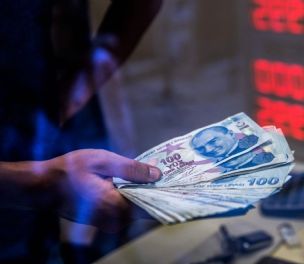
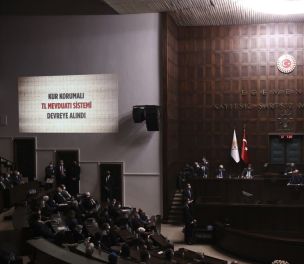
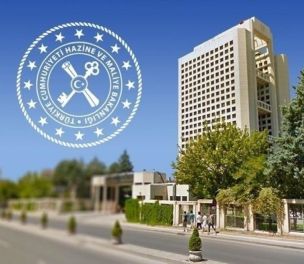
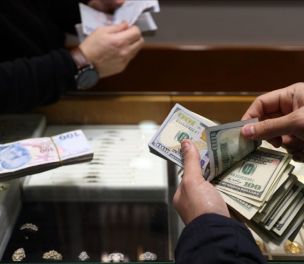
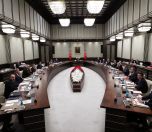
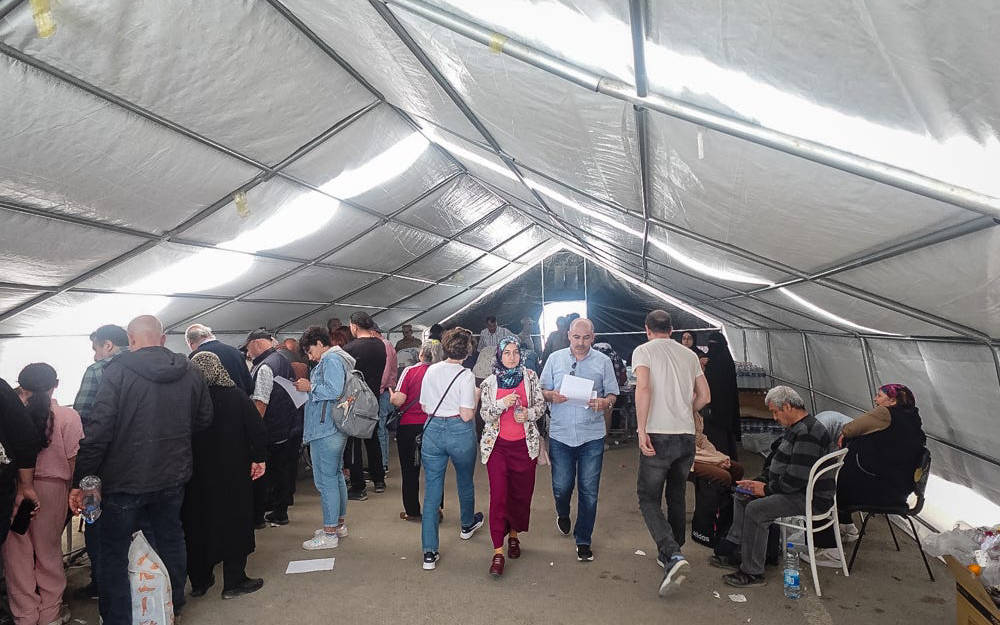
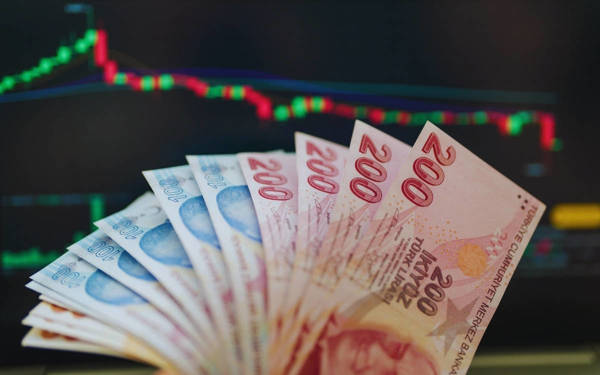
.jpg)
.jpg)
.jpg)